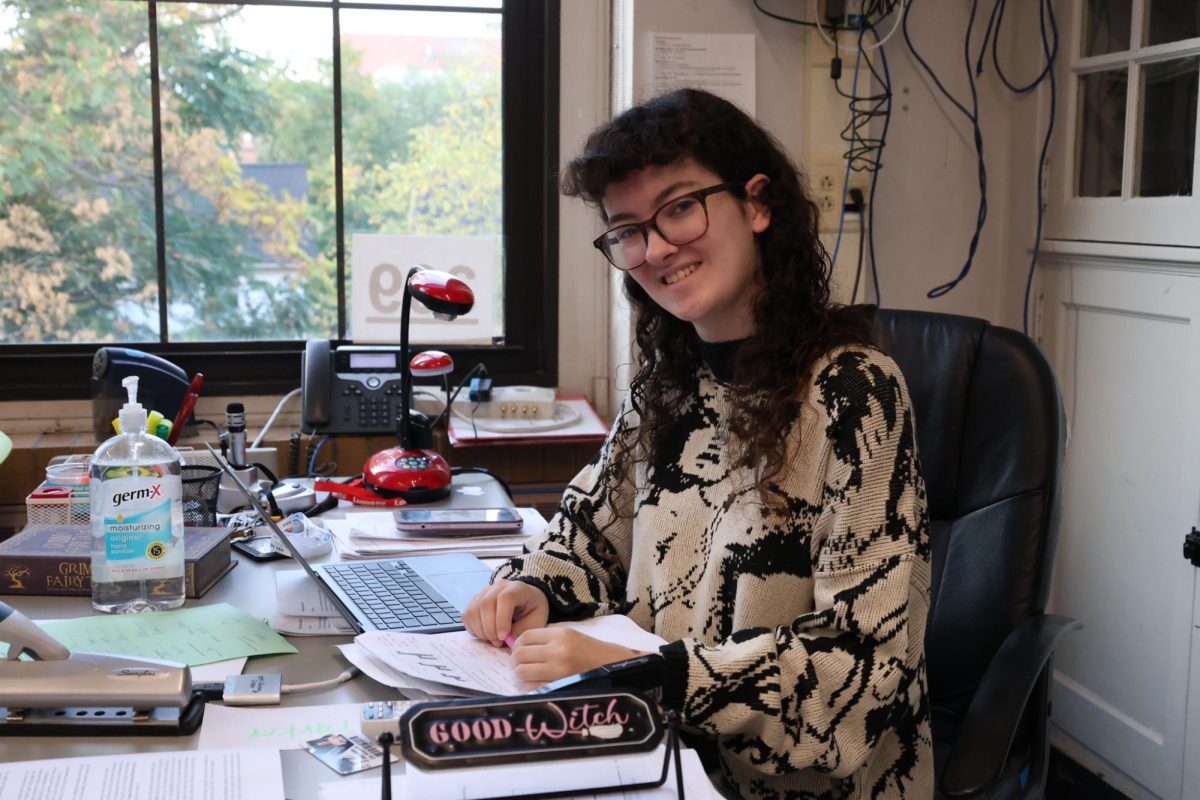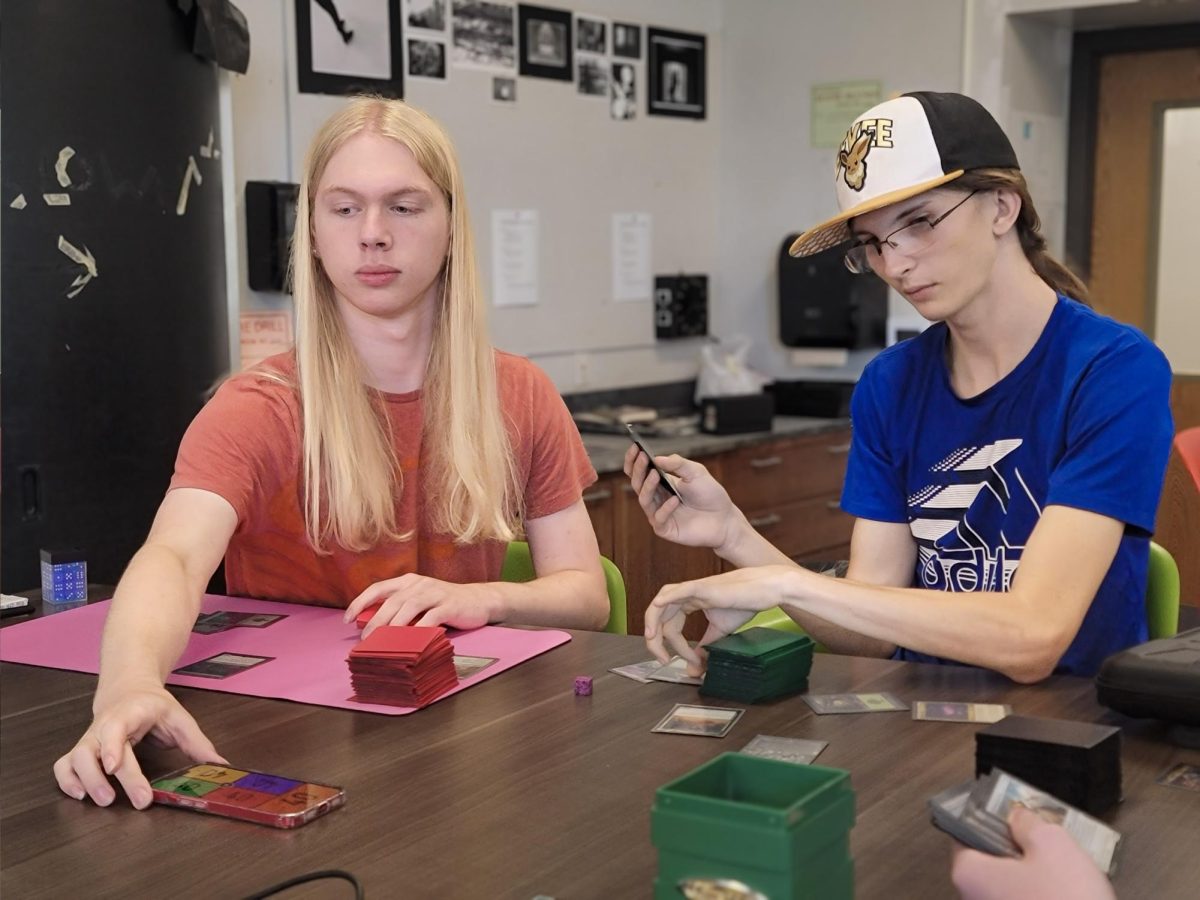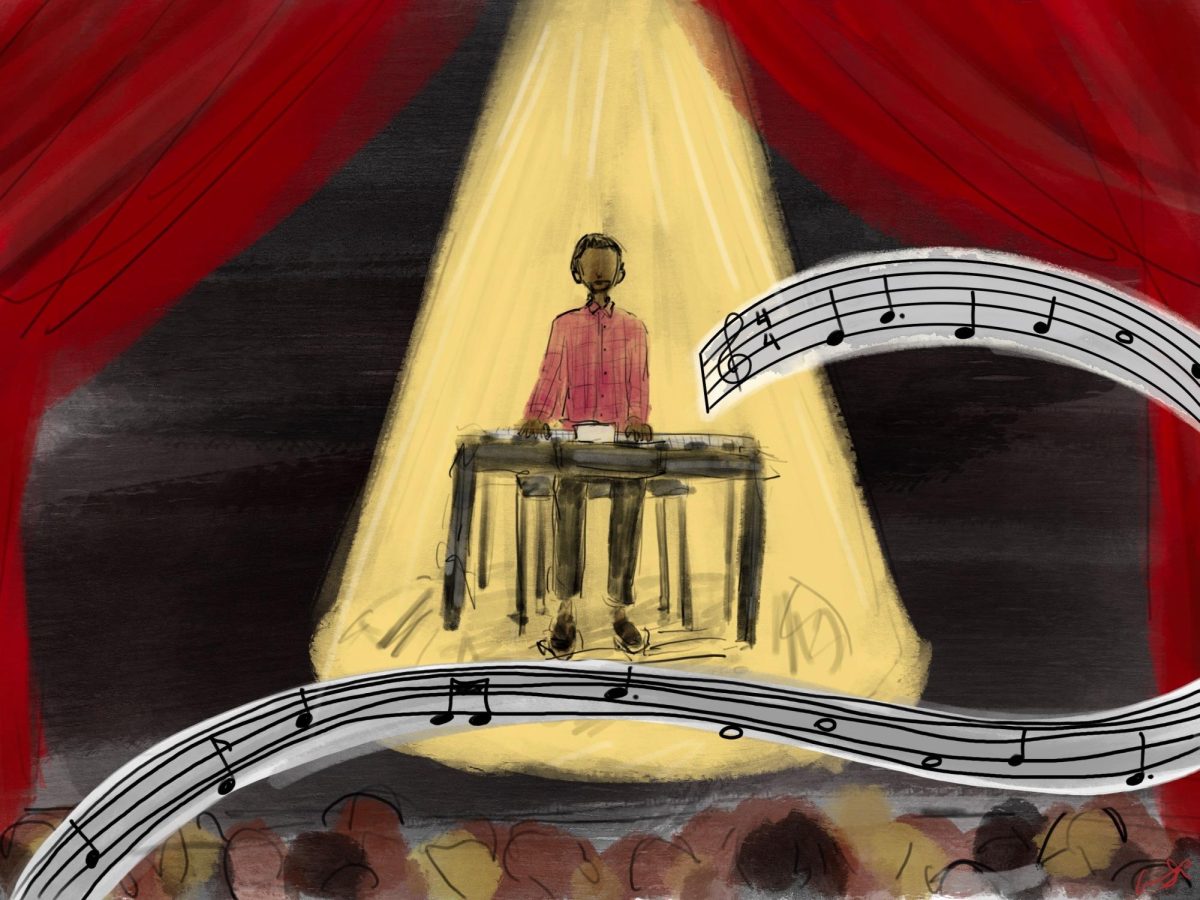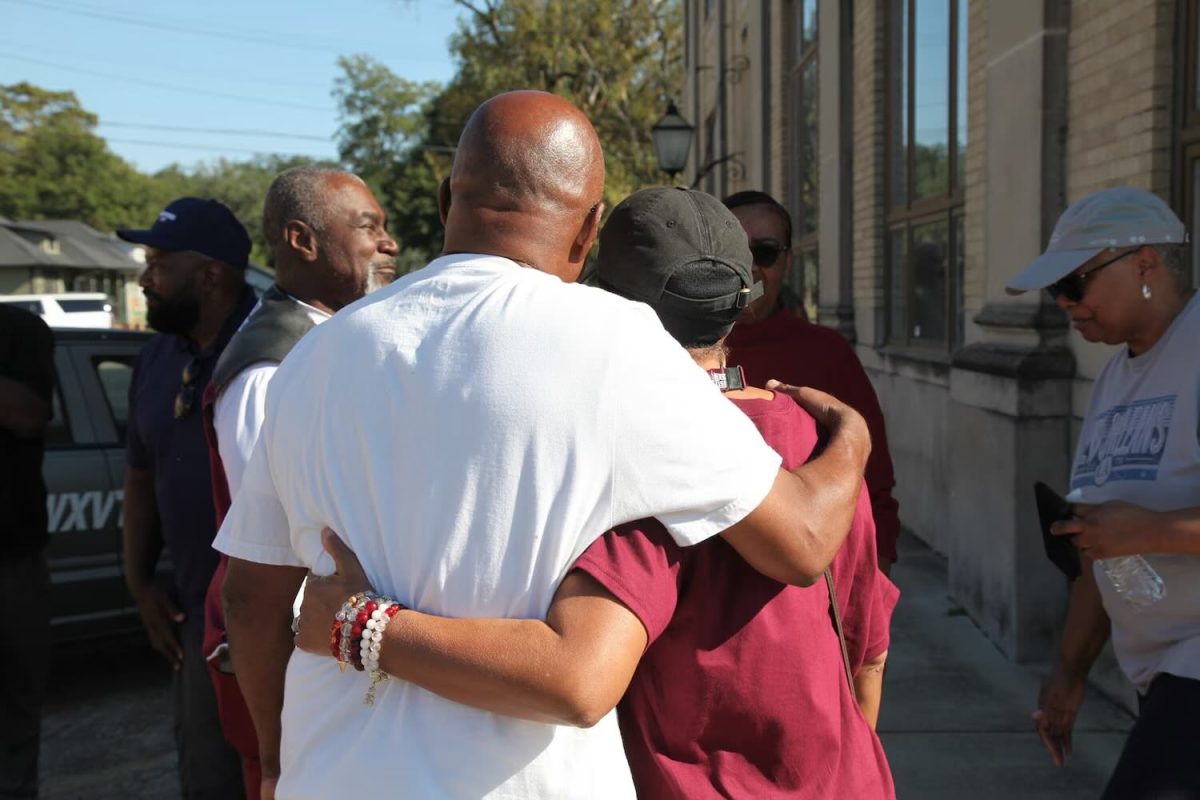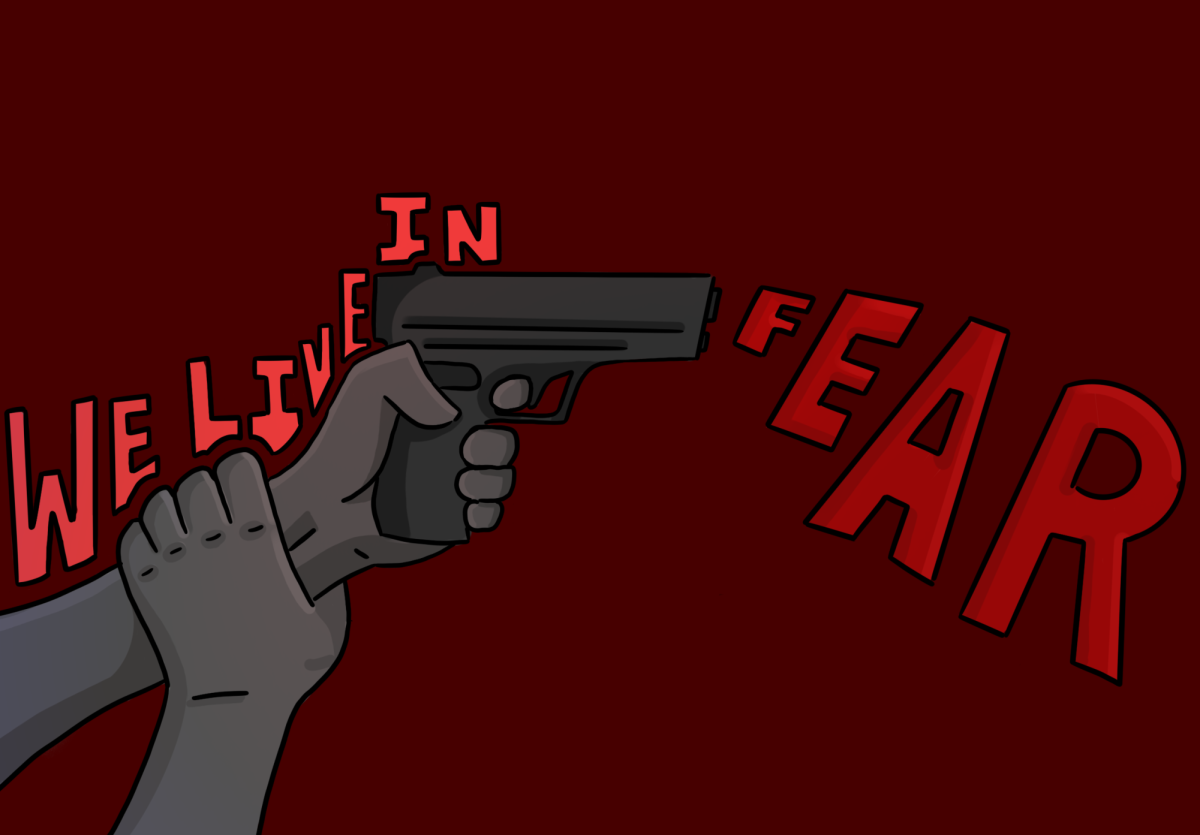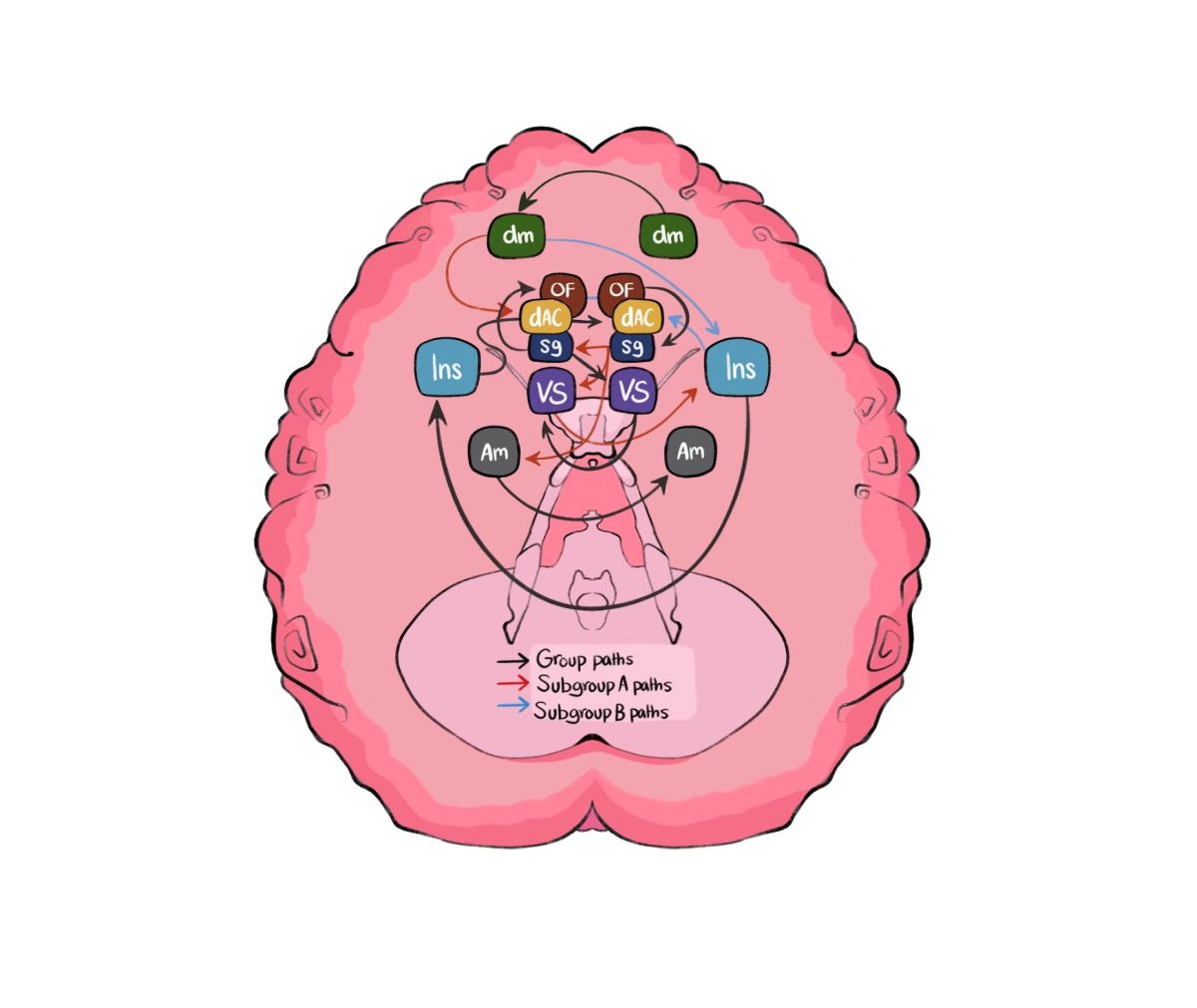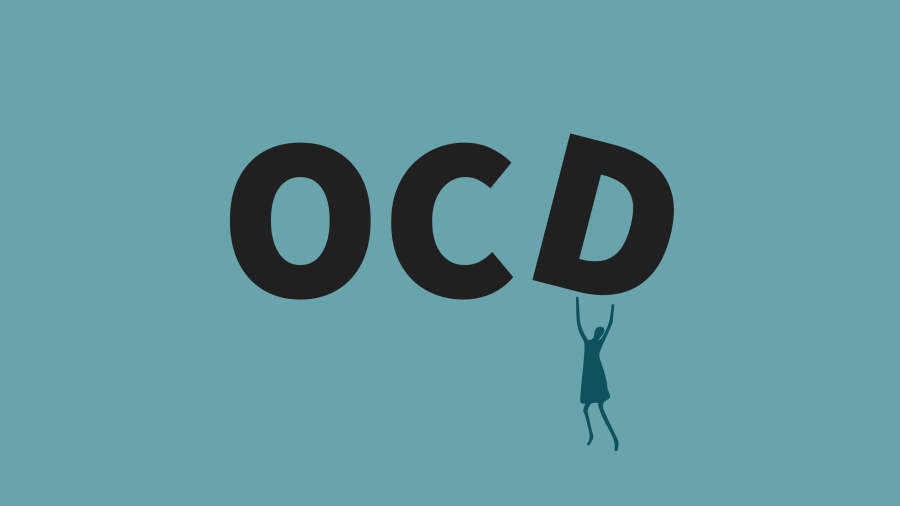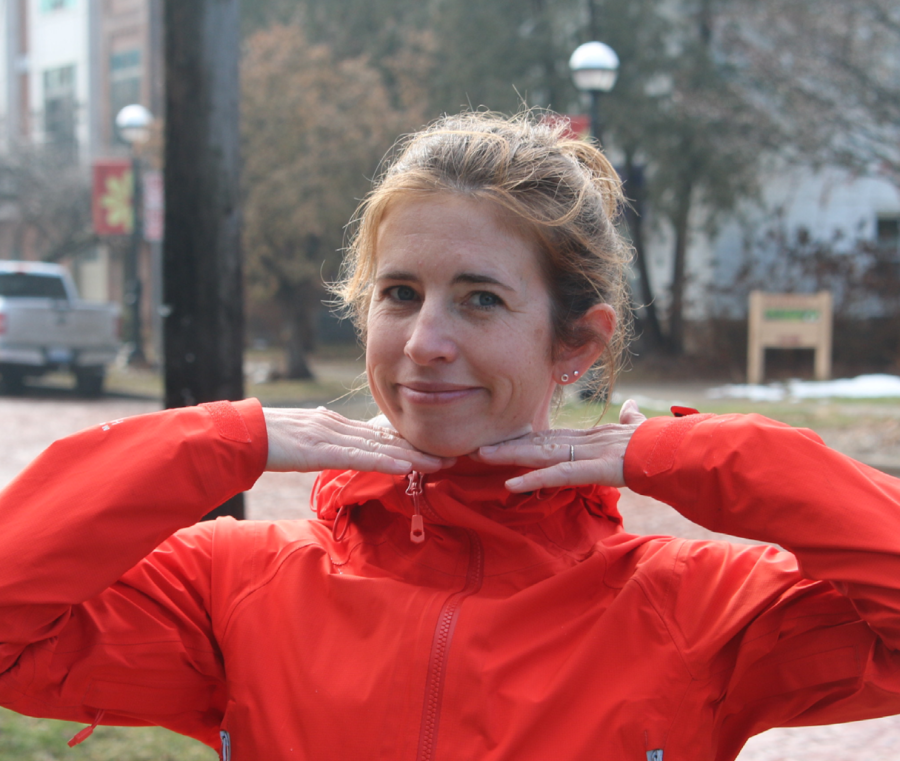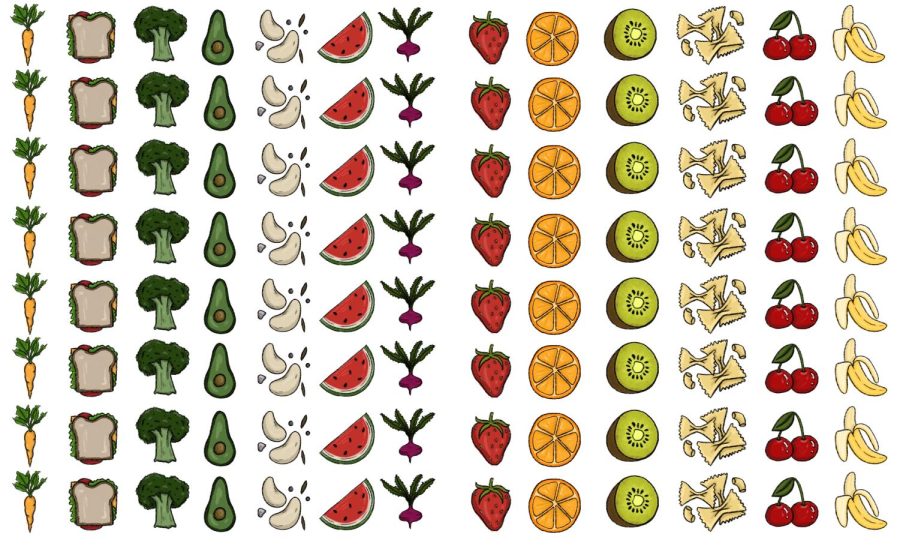TW: Mentions of self harm and suicide.
I was interested to find out the answer as well. OCD is not unusual, but it is frequently disregarded. OCD (Obsessive Compulsive Disorder) symptoms include aggressive thoughts towards yourself, fear of germs/contamination, fear of misplacing something and overthinking,according to the National Institute of Mental Health. Superstitious examples include Friday the Thirteenth, knock on wood, lucky pennies, and etc according to my memory. There seemed to be an overlap when looking at them in retrospect. I decided to email Dr. Kiley at the Anxiety and OCD Treatment Center of Ann Arbor.
“OCD is a clinical disorder characterized by distressing and intrusive thoughts, urges, or images known as obsessions,” Dr. Kiley said. “These obsessions trigger intense discomfort and are often followed by repetitive behaviors or mental acts called compulsions, which temporarily reduce the distress”.
OCD is an aggressive mental health disorder that is powerful and demanding. It’s incredibly hard to beat or even work at for many, so it requires demanding practices of therapy. These thoughts feel so demanding and strong in your mind that it feels impossible. Exhaustion isn’t uncommon and many give up in the moment, yet continue to try in the future. Superstitions play into some obsessive-compulsive behaviors, but there comes a point when actions are either OCD symptoms or superstitions.
“Superstitions are beliefs and practices aimed at finding meaning in random events or gaining control over uncertain outcomes,” Dr Kiley said “For example, you avoid bad luck by knocking on wood. Superstitions are cultural, and while they may influence people’s behavior, they do not typically lead to distress or impairment.”
Superstitions are ways of action that protect yourself from negative consequences, while OCD is a disorder that results from obsession and compulsions. The one trait they share is magical thinking that is there for no reason, despite what our brain tells us. Magical feeling is believing that certain actions will help preserve something. They look similar, but the severity and extent that they go to is the real impact. Examples of superstitions include avoiding “unlucky” numbers, knocking on wood and avoiding black cats that are passing. This creates a thin overlap that could be on the verge of OCD symptoms.
Although they are different, they do share the same characteristic; a sense of wanting to gain control. From a Psychological perspective, both acts share the goal of trying to reassure yourself or preventing something. The difference comes into play when you mention the severity.
OCD compulsions and superstition practices are different, but only one is somewhat harmless. OCD creates so much instability in one’s brain that it often feels impossible to do regular tasks. Touching a door or looking someone in the eye may seem impossible to someone struggling with OCD. It’s extremely annoying to someone living with OCD to have to hear people make fun of their disorder. Sayings such as, “Oh, I love cleaning…I’m a little OCD” or calling someone irrational for their compulsions only worsens someone’s relation with OCD. OCD often has many negative side effects and often leads to suicide, self harm, mental breakdowns and more. It affects many relationships and worsens many. OCD and superstitions are separate, but OCD is so much more than many think.
Superstitions and OCD differ in intensity, but they also overlap because both involve a desire to regain control. Therapists are trained to diagnose OCD and assess whether your superstitions are potentially signs of OCD. Despite what might seem to be the case, magical thinking actually accomplishes nothing and you should never undervalue someone who is diagnosed with OCD.



![[Caption]. [] by [Graphic by Sarah Fay] is licensed under [CC BY-NC-].](https://chscommunicator.com/wp-content/uploads/2023/12/mentalhealth_image.webp)
